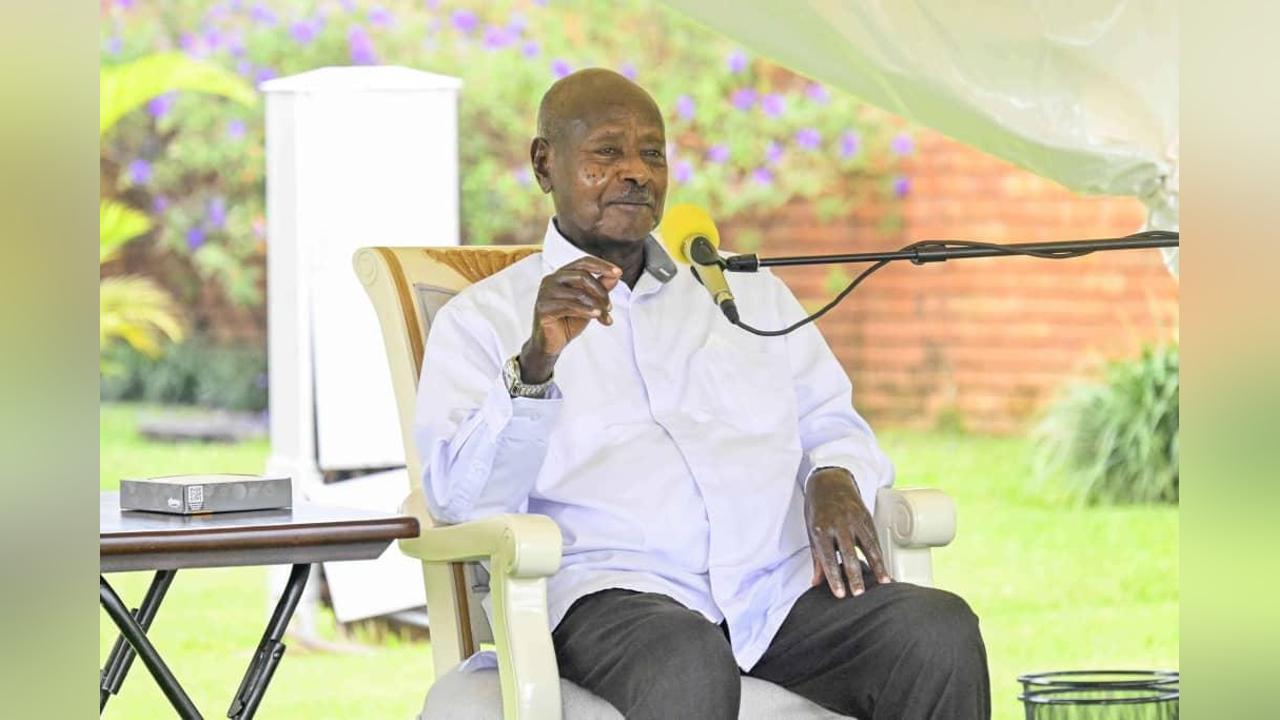Africa-Press – Uganda. Ten ministers in President Museveni’s cabinet have lost their bids for parliamentary seats in the just-concluded National Resistance Movement (NRM) party primaries, raising questions about their future in Uganda’s political landscape.
Among those defeated are prominent ministers across various portfolios, including Trade, Agriculture, Education, and Disaster Preparedness. The losses come ahead of the 2026 general elections, where the NRM seeks to consolidate power amid internal dissent and growing opposition.
High-Profile Losses
Leading the list is David Bahati, the State Minister for Trade, Industry, and Cooperatives (Industry), who lost his re-election bid in Ndorwa West. Bahati, a longtime Museveni ally, had been instrumental in economic and industrial policies.
In Kigulu County, Fred Bwino Kyakulaga, the State Minister for Agriculture, was ousted, a development seen as a reflection of growing frustrations over agricultural reforms and rural livelihoods.
Godfrey Kabbyanga, State Minister for ICT and National Guidance, lost in Bukonzo West, signalling waning influence in the digital transformation narrative pushed by the government.
Among the female ministers, Jennifer Namuyangu (Bunyoro Affairs), Peace Mutuuzo (Gender, Labour and Social Development), Dr. Joyce Moriku Kaducu (Primary Education), Victoria Rusoke Businge (Local Government), and Rose Lilly Akello (Ethics and Integrity) were all defeated in their respective constituencies.
Musa Ecweru, the full cabinet Minister for Relief, Disaster Preparedness and Refugees, also lost in Amuria County, marking one of the most surprising upsets. Fredrick Ngobi Gume, the State Minister for Cooperatives, was similarly defeated in Bulamogi North West.
Implications and Reactions
The mass loss by incumbent ministers points to shifting dynamics within the ruling party. Analysts suggest it may be driven by local discontent, unmet expectations, or a desire for generational change.
“This is a strong message from the grassroots,” said political analyst Dr. Sarah Lwanga. “It’s not just about national performance — it’s also about how connected these leaders are to their constituents.”
President Museveni, who often reshuffles his cabinet after general elections, now faces a challenge: whether to retain these ministers in executive roles or replace them entirely.
“Losing a primary doesn’t necessarily end a minister’s influence,” said a senior NRM official who spoke on condition of anonymity. “The President could reappoint them as ministers through the ‘ex-officio’ route, though that comes with political risks.”
What Next?
For now, the fate of these ministers remains uncertain. Some are expected to contest the general elections as independents, although that could put them at odds with the party.
Others may transition into ambassadorial or administrative roles within government or seek to influence party policy behind the scenes.
The NRM Electoral Commission has not officially commented on the string of high-profile losses, but insiders suggest that party leadership is reviewing the results to assess broader implications for the 2026 strategy.
As Uganda edges closer to the general elections, the fall of these ministers could signal both internal party realignment and growing voter demand for fresh leadership. Whether Museveni will heed this call or double down on loyalty remains to be seen.
For More News And Analysis About Uganda Follow Africa-Press






